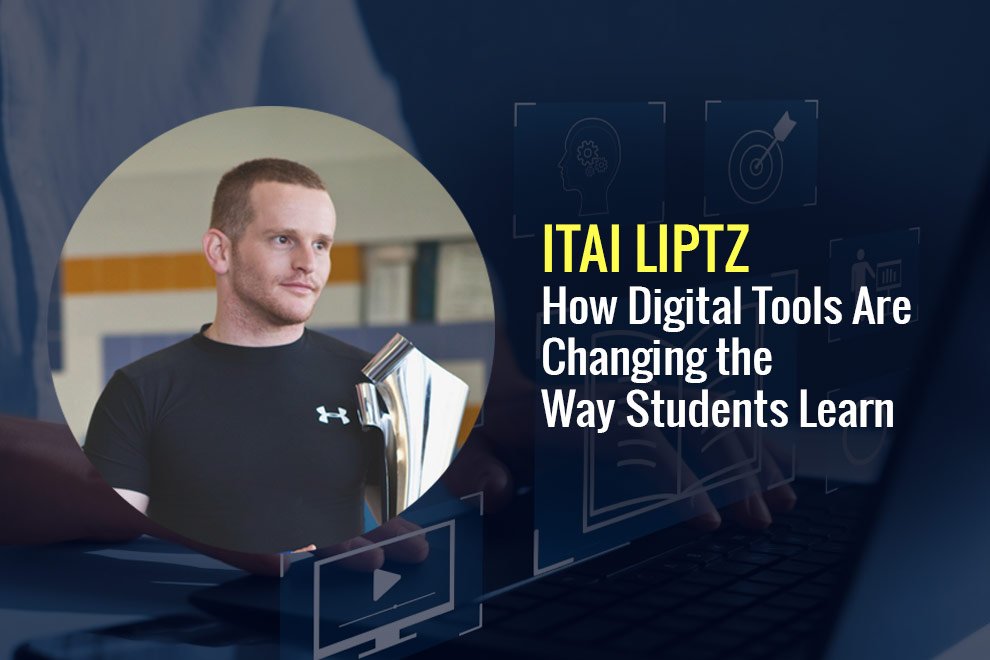The business world keeps changing faster than most of us can keep up with. New technologies emerge daily, customer expectations shift overnight, and what worked last year might be completely irrelevant today. This reality has created a pressing need for leaders who can navigate uncertainty, inspire their teams, and drive results even when the rulebook keeps getting rewritten.
That’s where performance coaching for leaders becomes not just helpful, but absolutely essential. It’s the difference between having managers who can handle today’s problems and developing leaders who can anticipate and solve tomorrow’s challenges.
What Makes Performance Coaching Different from Traditional Training
You’ve probably sat through countless leadership seminars, workshops, and training sessions. They’re informative, sure, but how much of that information actually stuck? More importantly, how much of it translated into real behavioral change?
Performance coaching takes a completely different approach. Instead of one-size-fits-all presentations, it focuses on individualized development. A coach works directly with leaders to identify their specific strengths, blind spots, and growth opportunities.
The magic happens in the ongoing relationship. While training events end after a few hours or days, coaching relationships develop over months or even years. This extended timeline allows for real skill development, habit formation, and sustained behavioral change.
Think of it like learning to play tennis. You can read all the books and watch all the instructional videos you want, but you won’t improve without regular practice sessions with someone who can observe your technique, provide immediate feedback, and help you adjust your approach.
The Skills Future Leaders Actually Need
Leadership requirements have evolved dramatically over the past decade. The command-and-control style that worked in previous generations often falls flat with today’s workforce. Modern leaders need a completely different skill set.
Emotional Intelligence Takes Center Stage
The ability to understand and manage emotions—both your own and others’—has become critical. Leaders who can read the room, empathize with team members, and respond appropriately to different emotional situations create more engaged and productive teams.
Adaptability Isn’t Optional
Change is the only constant, and leaders who can pivot quickly while keeping their teams focused and motivated will thrive. This means developing comfort with ambiguity and the ability to make decisions with incomplete information.
Communication Gets More Complex
Leading distributed teams, managing across generations, and navigating cultural differences requires sophisticated communication skills. Leaders need to be equally comfortable with face-to-face conversations, video calls, and written communication across various platforms.
Strategic Thinking Becomes Everyone’s Job
The days of leaving strategy to the C-suite are over. Today’s leaders at all levels need to think strategically about their decisions and help their teams understand how their work connects to broader organizational goals.
How Performance Coaching Develops These Critical Skills
Performance coaching for leaders addresses skill development through personalized, action-oriented approaches that create lasting change.
Real-Time Feedback and Adjustment
Unlike traditional training that relies on hypothetical scenarios, coaching deals with actual workplace challenges. When a leader is struggling with a difficult team member or facing a complex decision, their coach can provide immediate guidance and support.
This real-time application makes the learning more relevant and memorable. Instead of trying to remember what was covered in a workshop six months ago, leaders can apply new strategies immediately and adjust based on the results.
Accountability That Actually Works
One of the biggest challenges with professional development is follow-through. People leave training sessions with great intentions but struggle to implement changes without ongoing support.
Performance coaching creates built-in accountability. Regular check-ins with a coach ensure that leaders stay focused on their development goals and continue making progress even when work gets busy or challenging.
Customized Development Plans
Every leader has different strengths, challenges, and learning preferences. A coach can assess these individual factors and create a development plan that maximizes growth potential.
Some leaders might need to work on delegation skills, while others need help with strategic thinking or conflict resolution. Rather than sitting through generic content that may or may not apply to their situation, coaching focuses on the specific areas that will have the biggest impact.
The Business Case for Performance Coaching
Investing in performance coaching for leaders isn’t just about individual development—it’s about organizational success. The benefits extend far beyond the person being coached.
Improved Team Performance
When leaders develop better skills, their teams naturally perform better. They receive clearer direction, more effective feedback, and stronger support. This creates a positive cycle where better leadership leads to better results, which reinforces the value of continued development.
Reduced Turnover and Increased Engagement
People don’t leave companies; they leave managers. Leaders who receive coaching are better equipped to create positive work environments where employees want to stay and contribute their best work.
Faster Problem Resolution
Coached leaders develop better decision-making skills and learn to address issues before they become major problems. This proactive approach saves time, money, and stress for everyone involved.
Stronger Leadership Pipeline
Organizations that invest in performance coaching create deeper bench strength. When senior leaders move on or new opportunities arise, there are qualified candidates ready to step up.
Common Coaching Approaches That Drive Results
The Socratic Method
Rather than simply telling leaders what to do, effective coaches ask powerful questions that help them discover insights on their own. This approach leads to deeper understanding and stronger commitment to change.
Questions like “What would need to be true for this approach to work?” or “How might your team respond to this decision?” help leaders think through situations more thoroughly.
Behavioral Observation and Feedback
Coaches often observe leaders in action—whether in meetings, presentations, or team interactions—and provide specific feedback about what’s working and what could be improved.
This direct observation is incredibly valuable because it’s based on actual behavior rather than self-reporting or hypothetical scenarios.
Goal Setting and Progress Tracking
Effective coaching relationships include clear, measurable goals and regular progress reviews. This structure helps ensure that development efforts are focused and productive.
Measuring the Impact of Performance Coaching
Organizations need to know whether their investment in coaching is paying off. Several metrics can help demonstrate the value:
- 360-degree feedback improvements: Comparing feedback scores before and after coaching can show concrete skill development
- Team performance metrics: Looking at productivity, quality measures, and goal achievement for coached leaders’ teams
- Retention rates: Tracking whether coached leaders and their team members stay with the organization longer
- Promotion rates: Monitoring whether coached leaders advance more quickly through the organization
Creating a Coaching Culture
The most successful organizations don’t just provide coaching to a few select leaders—they create cultures where coaching conversations happen regularly at all levels.
This might include training managers to use coaching skills with their team members, establishing peer coaching relationships, or creating formal mentoring programs. When coaching becomes part of how the organization operates, the benefits multiply exponentially.
Making Performance Coaching Work for Your Organization
Starting a performance coaching initiative requires careful planning and commitment. Begin by identifying high-potential leaders who would benefit most from individualized development. These early participants can become champions for the program and help demonstrate its value to others.
Consider whether to use internal coaches, external coaches, or a combination of both. Each approach has advantages, and the right choice depends on your organization’s size, budget, and specific needs.
Most importantly, ensure that senior leadership is fully supportive of the initiative. When executives participate in coaching themselves and speak positively about the experience, it sends a powerful message about the organization’s commitment to development.
The Future of Leadership Development
Performance coaching for leaders represents a fundamental shift in how organizations approach leadership development. Instead of hoping that generic training will somehow translate into better performance, coaching provides personalized, ongoing support that creates real behavioral change.
As the business environment continues to evolve, organizations that invest in developing adaptable, skilled leaders will have a significant competitive advantage. The question isn’t whether performance coaching works—it’s whether you can afford not to embrace this approach to developing your future leaders.
The leaders who will thrive in tomorrow’s challenges are being developed today. Performance coaching ensures they’re ready for whatever comes next.+










